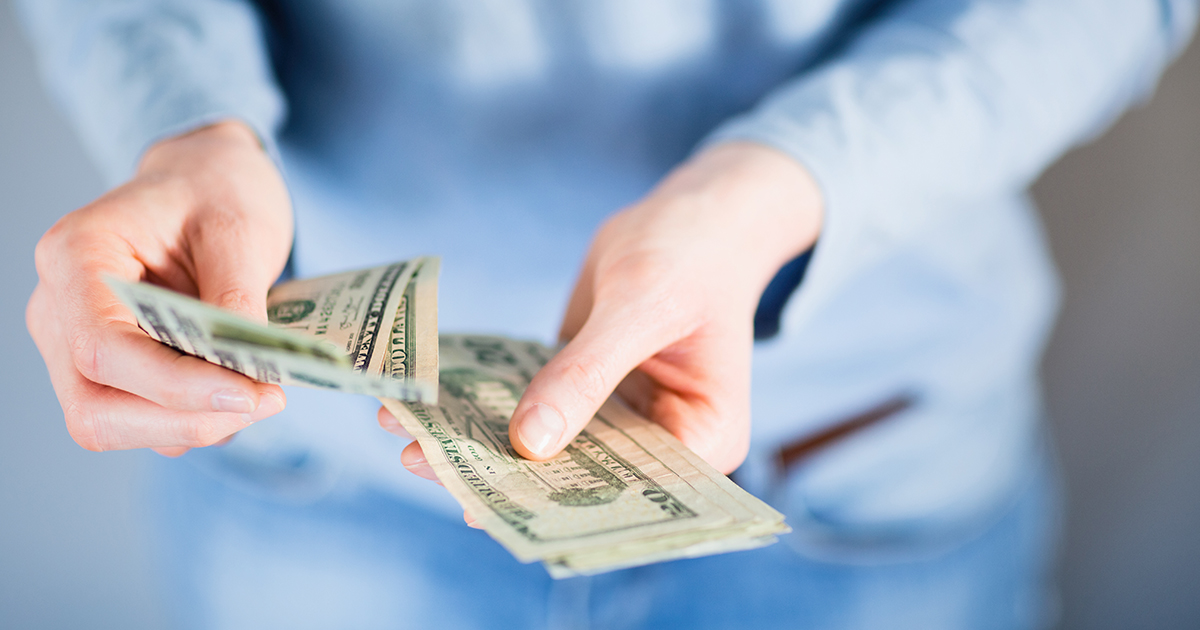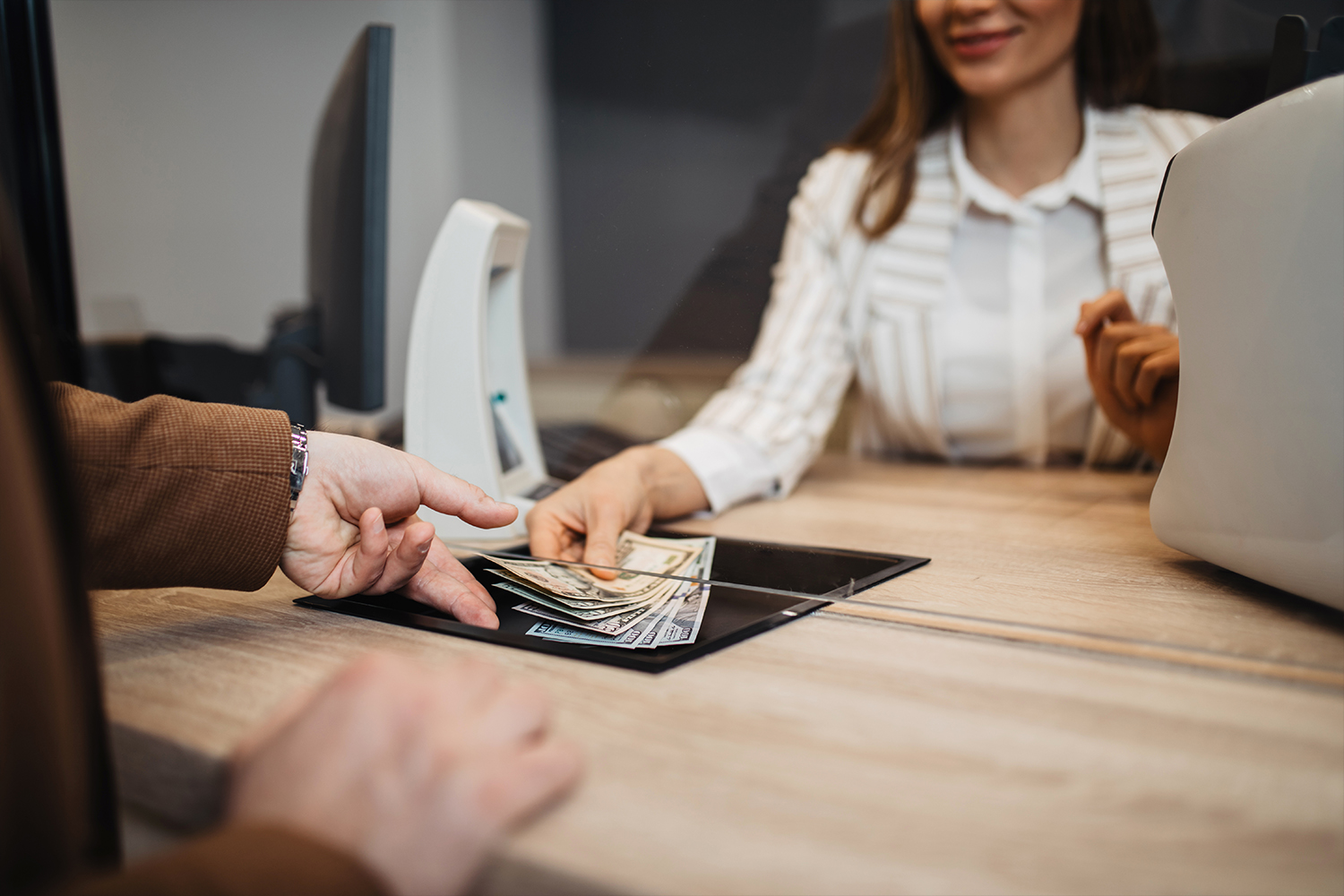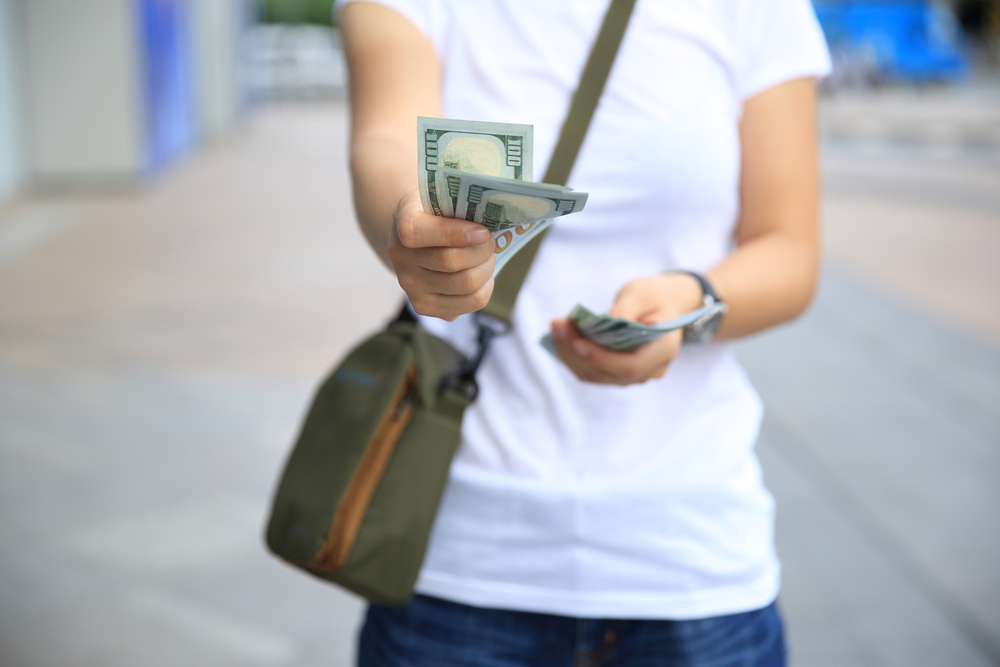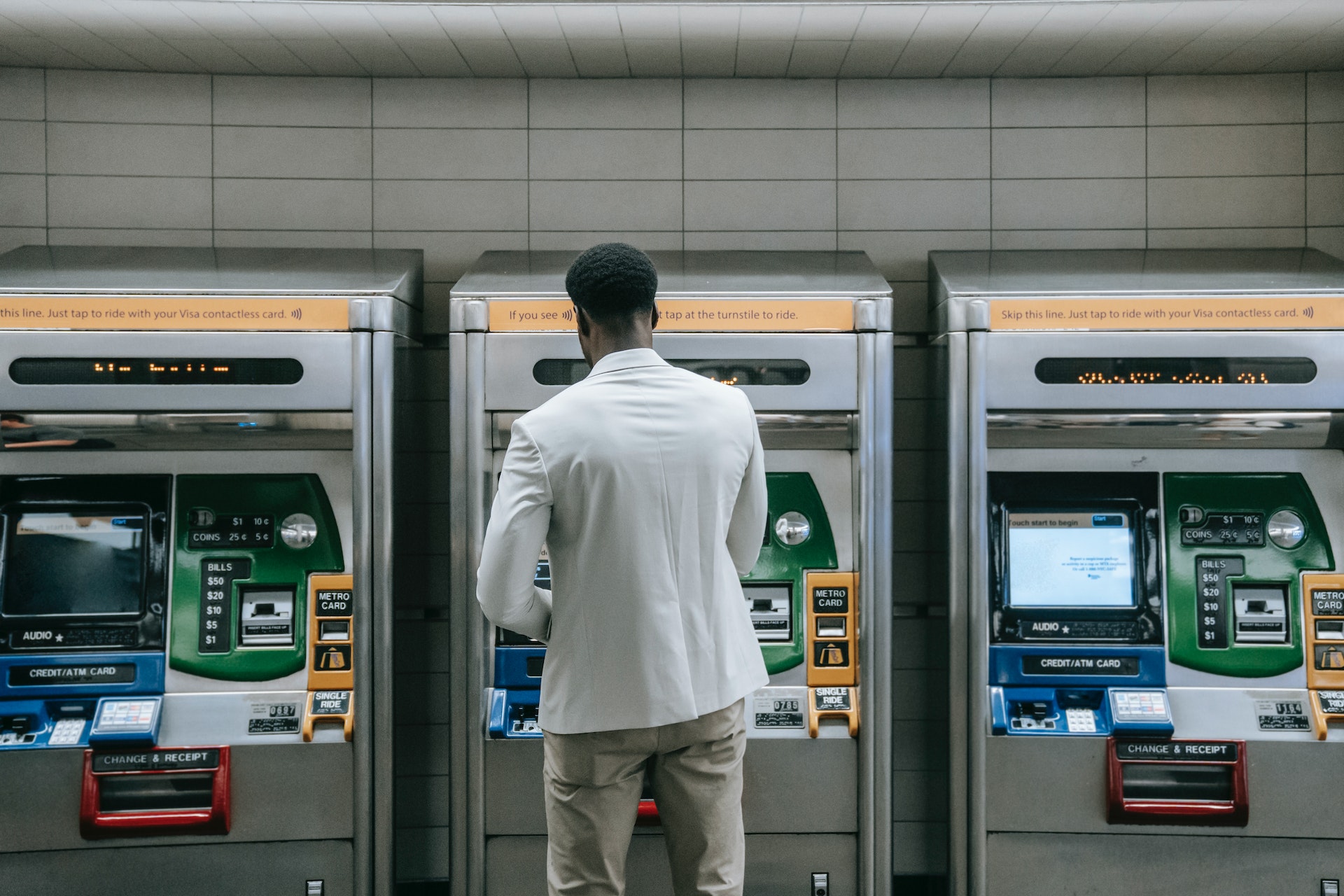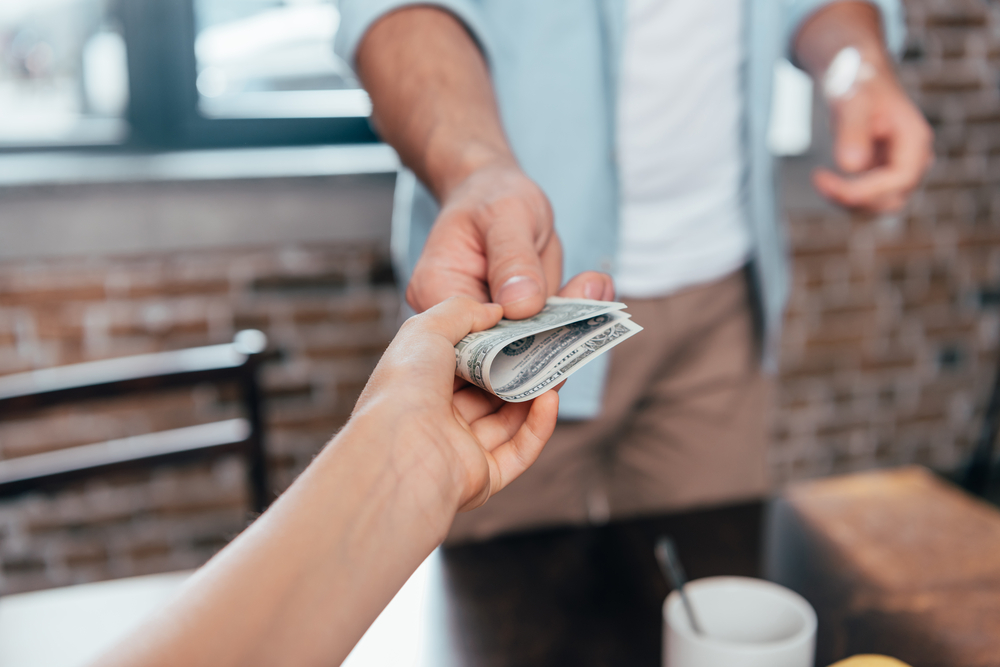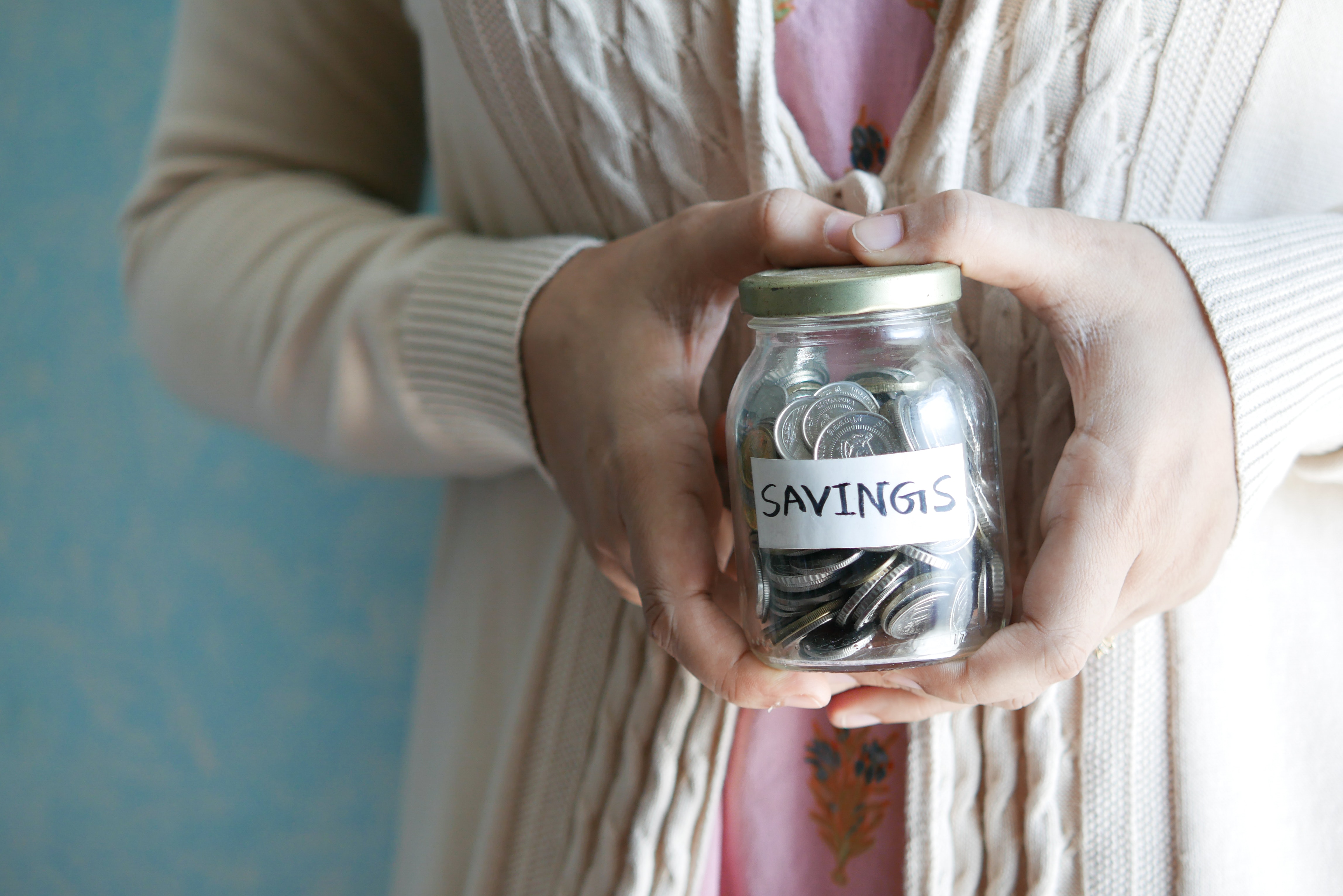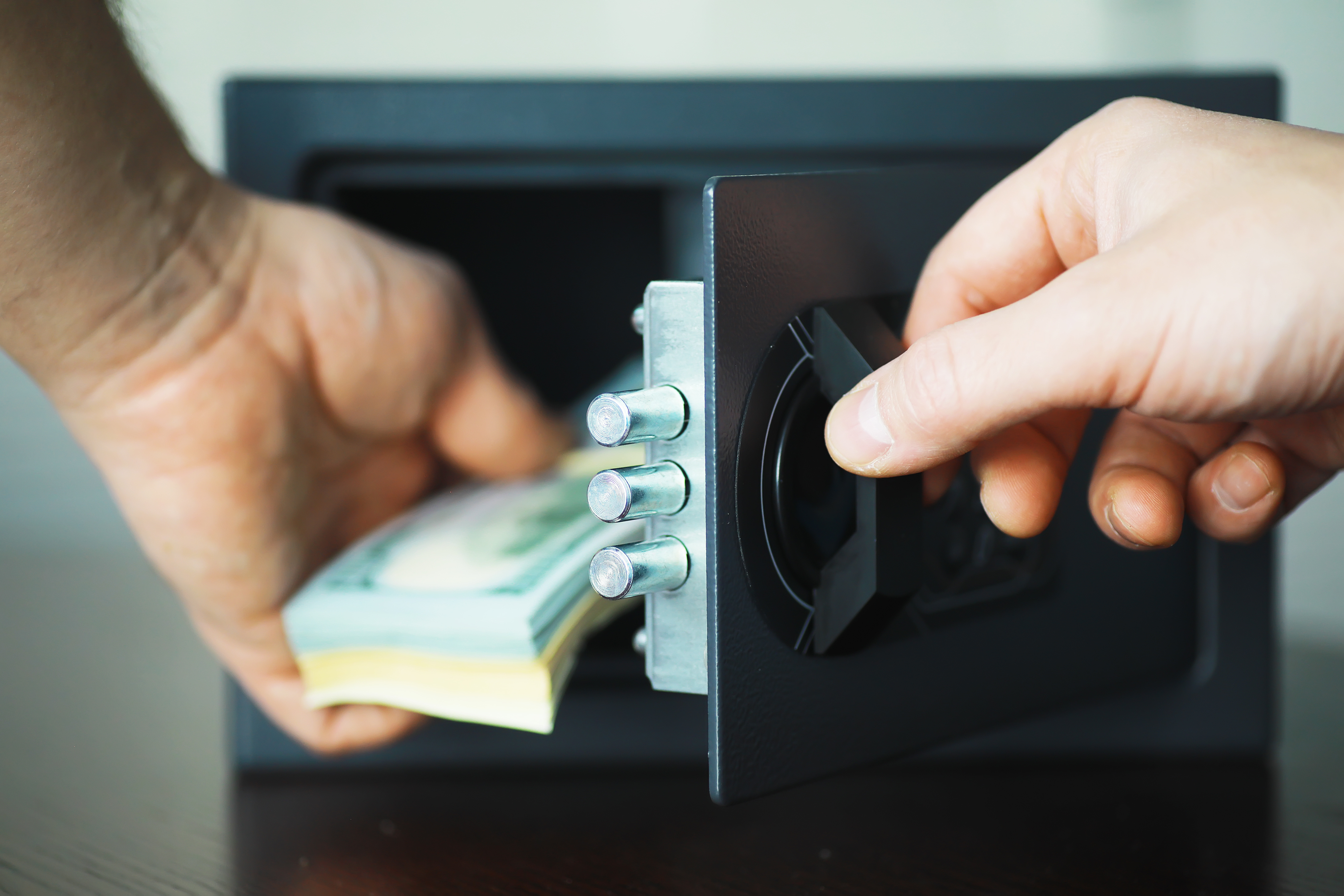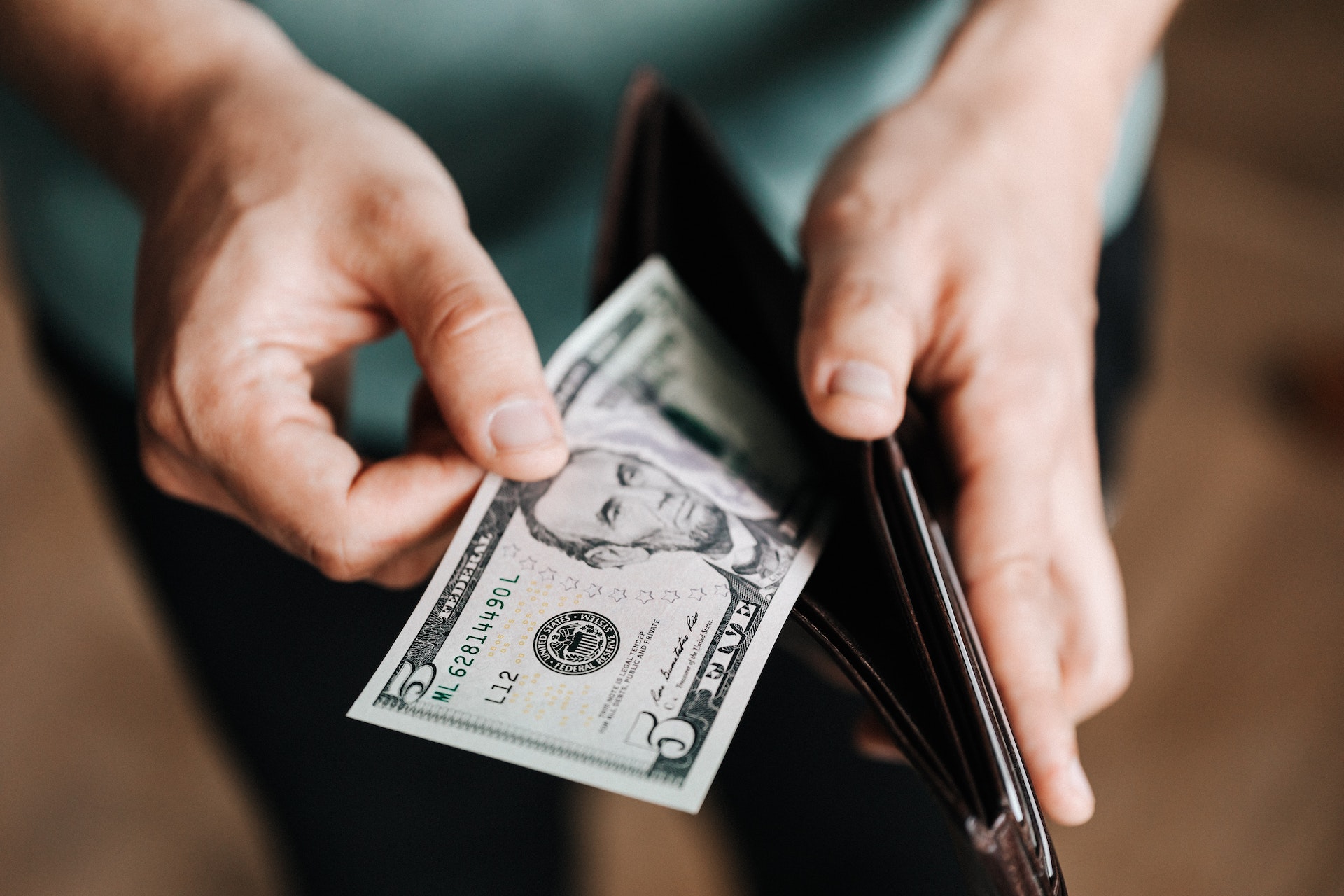Why Cash Still Matters: 10 Reasons to Ditch the Plastic
In a world dominated by plastic, where a quick swipe or a pin can get you anything you desire, it seems almost archaic to use cash.
However, many financial experts argue that using good old paper money has its perks.
In this detailed exploration, we delve into ten reasons why opting for cash could be more beneficial than relying solely on cards. Each section will be supported by pertinent statistics, showcasing the tangible impact of each point, and offering insights into how cash can still hold its ground in our increasingly digital world.
Lastly, we will provide smart suggestions on how to safely store your cash, balancing accessibility and security.
Whether you are a steadfast supporter of digital transactions or someone considering a balanced financial approach, this article provides insightful perspectives on why keeping it old school with cash has its unique set of advantages.
Why Cash is Important to a Country's Financial Infrastructure
Utilizing cash holds significance not just for individual financial health but also as a safeguard for a country’s economic infrastructure.
In scenarios where electronic and digital payment systems face disruptions due to cyber-attacks, system failures, or other unforeseen circumstances, cash acts as a reliable fallback, ensuring that the economic machinery continues to function smoothly.
The tangible nature of cash makes it immune to technological glitches and cyber vulnerabilities, preserving the resilience and stability of the national economic structure.
This aspect of cash is particularly crucial in times of crisis, acting as an unwavering pillar supporting trade, commerce, and individual sustenance when modern payment modalities falter.
Now, let's dive in. Here are ten compelling reasons why opting for cash over cards can be a smart, sensible choice.
Why Keep Cash: Budgeting Becomes Easier
Using cash can help in keeping track of spending and maintaining a budget. Handing over physical money makes the spending process more tangible and real, allowing you to be more mindful of your expenses.
By allocating a specific amount of cash for various needs, you can avoid overspending and keep your budget in check.
When people spend cash, they tend to spend 12% less, on average, compared to when they use a credit card, illustrating the tangible impact of physical currency on spending habits.
Why Keep Cash: It’s Universal
Not every place accepts cards, but cash is universally accepted. Especially in local markets or small-scale stores, using cash can be more convenient, ensuring you’re never in a bind because the vendor doesn’t accept cards.
In contrast to card payments, 100% of vendors accept cash, ensuring universal acceptance and convenience in transactions.
Why Keep Cash: No Overdraft Fees
By using cash, you only spend what you have, eliminating the risk of overdraft fees. It’s a straightforward way to avoid accumulating debt and keeps you from spending money you don't actually possess.
In the U.S, overdraft fees can reach up to $35 per transaction, signifying substantial savings for those who opt for cash transactions, avoiding such fees altogether.
Why Keep Cash: Reduces Impulsive Buying
Studies have shown that people tend to spend more when using cards. The pain of paying in cash can psychologically deter unnecessary purchases, helping you to make more considered buying decisions and curb impulse spending.
Consumers paying in cash make approximately 23% fewer impulse purchases, highlighting the role of cash in fostering disciplined spending habits.
Why Keep Cash: Privacy
Cash transactions don’t leave a digital trail. If you’re concerned about privacy, using cash ensures your purchases remain confidential and reduces the risk of identity theft.
A staggering 79% of consumers are concerned about their credit card privacy and prefer cash transactions to maintain confidentiality in their purchases.
Why Keep Cash: No Interest Rates
When you use a credit card and don’t pay the full balance, interest accumulates. Paying in cash avoids these interest charges, saving you more money in the long run.
Credit card users pay an average of $1,155 in interest annually, representing significant potential savings for those who prefer cash transactions.
Why Keep Cash: Faster Transactions
While card transactions are pretty quick, they can still face issues like a bad internet connection or a malfunctioning POS machine.
Cash transactions are typically straightforward and fast, keeping you moving through your day without technological hitches.
A study found that cash transactions are, on average, seven seconds faster than card transactions and 16 seconds faster than mobile payment transactions, highlighting the efficiency of cash in everyday transactions.
Why Keep Cash: Better Negotiation Leverage
Cash can often give you an upper hand in negotiations. Many sellers prefer cash and may be willing to give you a discount or better deal if you pay in cash, as it avoids transaction fees and is less hassle.
Data reveals that 58% of small business owners are more likely to offer discounts or negotiate prices when customers pay in cash.
Why Keep Cash: Teaches Money Management
Using cash can be an excellent way to teach children (and remind adults) about the value of money. Handling tangible money can instill a sense of responsibility and offer a clearer understanding of earnings and spending.
Households that predominantly use cash have been found to have 50% lower debt levels compared to households relying on credit cards, underlining the debt-reduction potential of cash usage.
Why Keep Cash: Helps With Savings
Having a clear visual of the money you are spending can make you more frugal and likely to save. Every dollar saved is a step closer to financial stability and reaching your financial goals faster.
Studies have revealed that people who use cash for their transactions typically save around 20% more than those who rely solely on cards due to better budget management.
How to Safely Keep Your Cash
When opting to use cash over cards, it’s crucial to be mindful of its safekeeping, given its susceptibility to theft or loss.
It’s prudent to divide your cash and store it in multiple secure locations. Keep a modest amount in your wallet for daily transactions and consider using money belts or hidden pouches when traveling.
At home, avoid obvious hiding spots like mattresses and instead utilize a home safe or hidden compartment, ensuring they are fireproof and securely locked.
Additionally, maintain a small amount in your bank’s safety deposit box, especially if it’s a substantial sum. Lastly, routinely reassess your hiding spots and consider changing them periodically to maximize security.
Final Thoughts
While cards offer convenience and are a necessity in many cases, incorporating cash into your spending routine can offer a plethora of benefits.
From better budgeting to savings on interest and fees, the advantages of using cash are diverse and can contribute to a healthier financial lifestyle.
So, next time you’re heading out, consider taking some cash along; your wallet might thank you!

